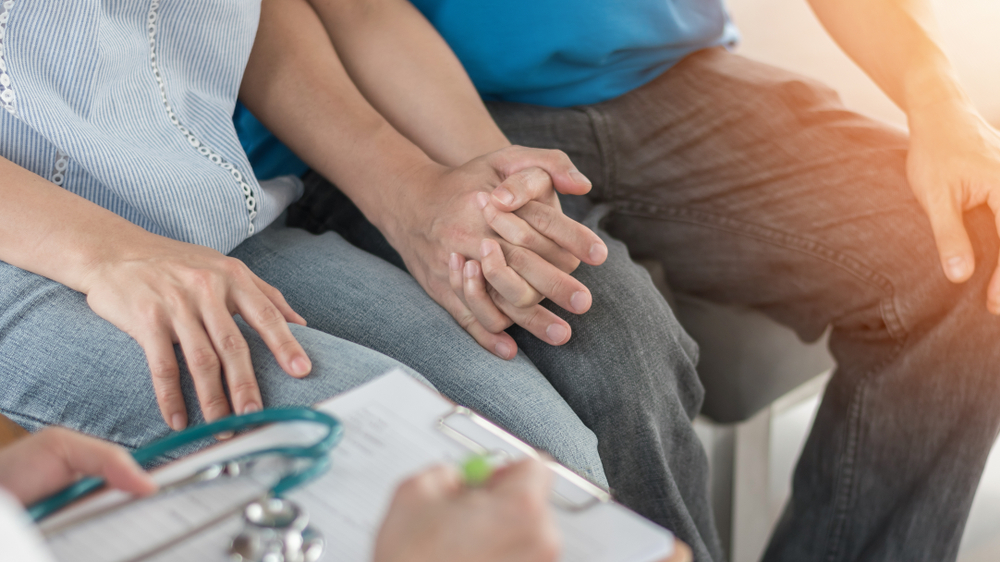According to the NHS, in 2019 32% of IVF treatments resulted in live births for women under the age of 35, 25% for those aged 35-37 and 19% for those aged 38-39. Although much of this, of course, is down to factors that are beyond our control, there are foods that should be avoided as they can be potentially detrimental to the success of your treatment.
Alcohol & Caffeine
Drinking alcohol is very risky if you’re trying to conceive, either naturally or through fertility treatments. Even a moderate amount can have a harmful impact on cycle outcomes, including fertilisation and live birth. With that said, if you are going to be undergoing IVF treatment, you should stop drinking alcohol before the treatment starts.
Other studies have found that high coffee consumption (drinking five or more cups of coffee a day) significantly reduces pregnancy rates. Women undergoing IVF should reduce their caffeine consumption to one cup a day, or less.
Refined Sugar
Sugar is a weakness for many of us, but it is important that we keep control over it. It can disrupt hormones and there’s research that links consumption to inhibited fertility. Sugar does this by hiking the body’s cortisol levels, affecting progesterone and the menstrual cycle.
Insulin is also released which can increase the risk of polycystic ovary syndrome and damage eggs. Over consumption can lead to weight gain and prematurely destroy sperm and eggs.
Non-Organic Foods
The pesticides which are used on non-organic food can interfere with hormones, or even emulate hormones produced by the endocrine system. As a result, they can lead to reproductive disorders and birth defects. Choosing organic foods allows you to limit your exposure to these disruptive chemicals.
Processed Foods
There are an elevated level of toxins found in processed foods, and they can also contribute to greater inflammation throughout the body. This can have a negative impact on the cells which line a woman’s womb and as a result, processed foods can prevent a successful pregnancy.
If you’re looking to start IVF, we can guide you through the process and make recommendations as to how you can change your diet for the best chance of conception.

